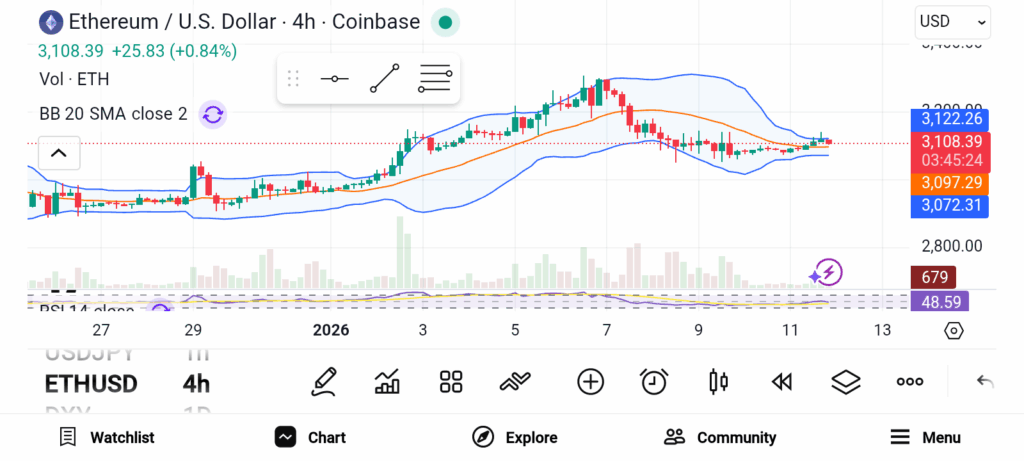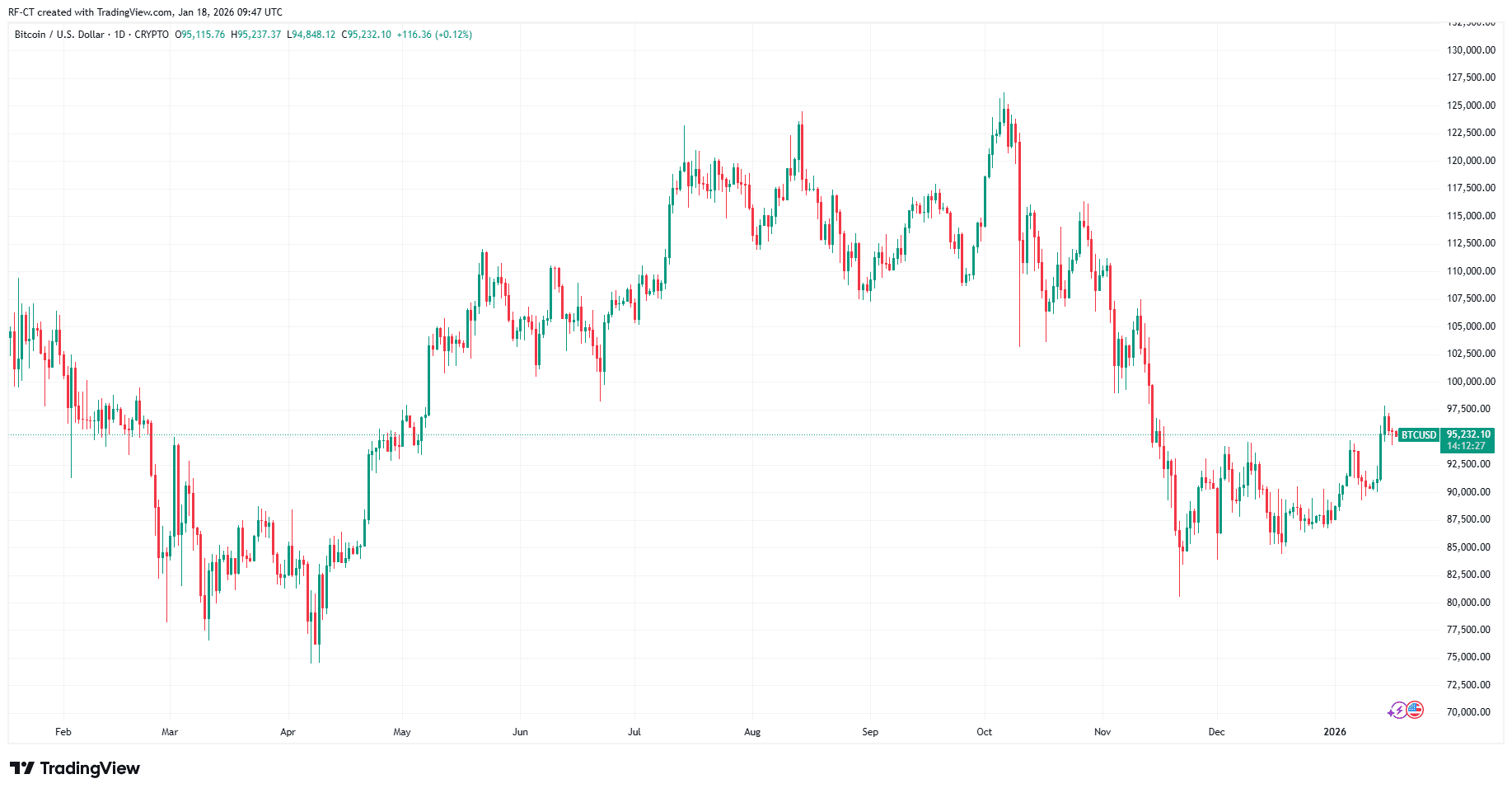Calastone brings tokenized fund distribution to 4,500 institutions via Polygon
Calastone, the world’s largest funds distribution network connecting leading financial organizations, is bringing its solution onchain via Polygon.
- Calastone, with more than £250 billion in monthly transactions, brings its tokenized fund distribution to Polygon.
- The integration targets 4,500 financial institutions in 58 markets
- Calastone will benefit from Polygon’s sub-cent fees and near-instant finality.
Calastone is integrating its token distribution solution with the proof-of-stake blockchain platform Polygon ( POL ). The move will allow Calastone to tap into institutional-scale funds distribution for over 4,500 institutions across 58 markets.
Calastone, which processes over £250 billion in monthly transactions, will leverage Polygon’s infrastructure to power global money movement. The move expands the blockchain network’s traction, likely to boost the platform’s growth.
By bringing its solution onchain, the platform seeks to enable asset managers tap into benefits of using blockchain rails. It also means they can do all these while still enjoying the key administrative and compliance features already available to them.
“By launching tokenized fund share classes on Polygon, Calastone unlocks new pathways for both institutional and retail investors. Asset managers can reach digital-first investor pools globally, while blockchain transparency and automation simplify settlement and reconciliation across jurisdictions,” Polygon said in a blog post.
The integration will benefit Calastone’s network of over 4,500 institutions spread across 58 markets, who can now access faster settlements, lower costs, and programmable efficiency.
More than that, the integration allows for traditional capital markets to come onchain.
Polygon offers this infrastructure via its public blockchain, whose Rio and Heimdall upgrades mean network speed of up to 5,000 transactions per second. The upgrades also mean instant finality, key metrics Wall Street is keen on as they launch real-world assets onchain and rollout institutional-grade payments solutions.
As well as PoS platform Polygon, the team behind web3 software company Polygon Labs is also helping to develop Agglayer, a unified web of chains. Polygon Labs has recently integrated with platforms such as Stripe, Manifold Trading and German lender NRW.BANK.
Disclaimer: The content of this article solely reflects the author's opinion and does not represent the platform in any capacity. This article is not intended to serve as a reference for making investment decisions.
You may also like
3 Cryptos With High-potential in January 2026 — BNB, ETH, and LTC

Analysis Company Says, ‘Big Moves in the Cryptocurrency Market Are Coming Soon,’ Explains
China’s AI and robotics momentum lifts tech stocks
Crypto Market on Edge: Will Jim Cramer’s Bearish Call Trigger a Dump — or the Inverse Effect?

